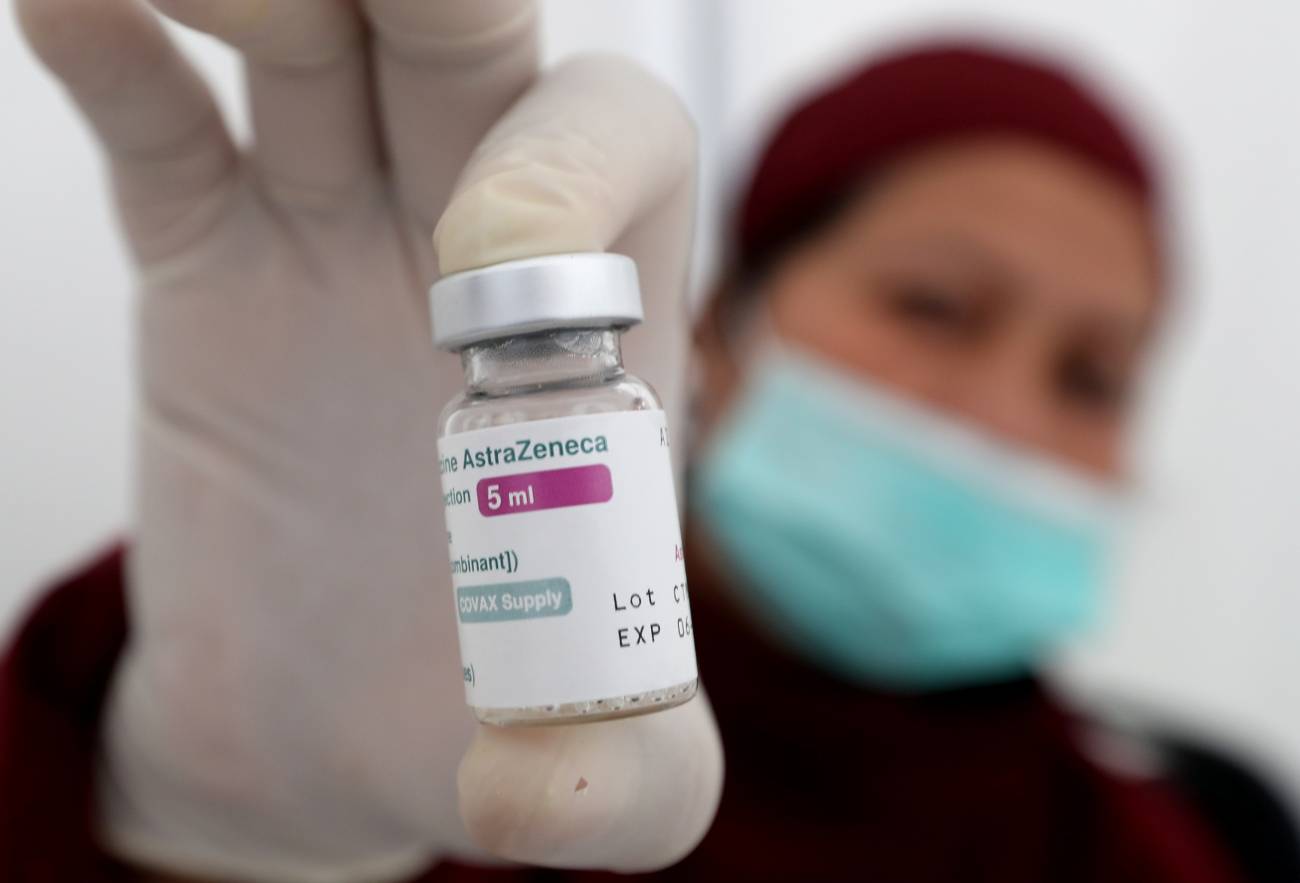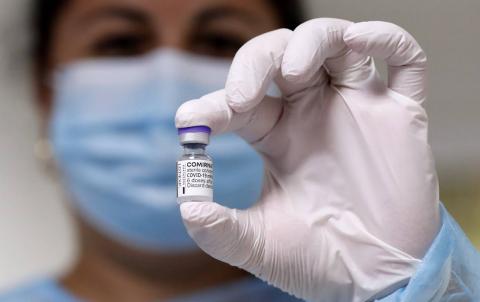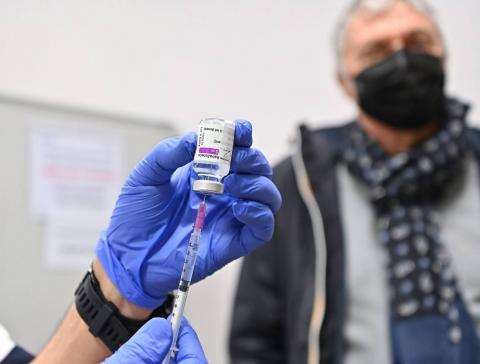Reaction to study looking at thrombus risk after vaccination with AstraZeneca and Janssen
A study published in the BMJ looks at the risk of thromboembolic events associated with different covid-19 vaccines, both adenovirus- and mRNA-based. Its results are based on data collected from more than 10 million adults in France, Germany, the Netherlands, Spain, the UK and the US who received at least one dose of a covid-19 vaccine from December 2020 to mid-2021.

Vicente Vicente García - trombos vacunación EN
Vicente Vicente García
Professor of Haematology, University of Murcia
The occurrence of thromboembolic events usually accompanied by decreased platelet counts after vaccination with AstraZeneca was a condition referred to as "thrombosis syndrome with thrombocytopenia" (TTS). The use of different vaccines of different manufacture, some based on adenovirus and others based on mRNA, led to a debate on the safety of these vaccines in terms of risk of triggering TTS.
This is an interesting epidemiological study of data collected on millions of people during the period between December 2020 and mid-2021, when the vaccination programmes started. The data were collected in the first month after receiving the first dose of vaccination. The study shows data collected from registries in six Western countries: France, Germany, the Netherlands, the United Kingdom, the United States and Spain.
The most relevant result is undoubtedly the finding of a clearly higher presence of TTS in individuals vaccinated with adenovirus than in those vaccinated with mRNA vaccines. The former situation resulted in a 30% increased risk of thrombocytopenia. These results clarify the suspicion that had already been established, but, as the authors of the publication point out, there are a number of issues that need to be considered in order to interpret the data correctly. They list some of these limitations, such as differences in the vaccination registers and schedules themselves, timing, age of inclusion and even the exact assessment of the existence of thrombocytopenia and thrombosis between the different countries participating in the study.
The authors conclude that, although TTS is a rare complication, the observed data should be taken into account for future immunisation campaigns and development of new vaccines.
Challenges related to this field remain to be clarified. For example, what is the risk of TTS in successive revaccinations, whether or not there is a risk of thrombosis in the medium and long term from vaccination, etc. Well-designed registries and multinational studies will undoubtedly help to resolve these questions.
Xintong Li et al.
- Research article
- Peer reviewed
- Observational study
- People



